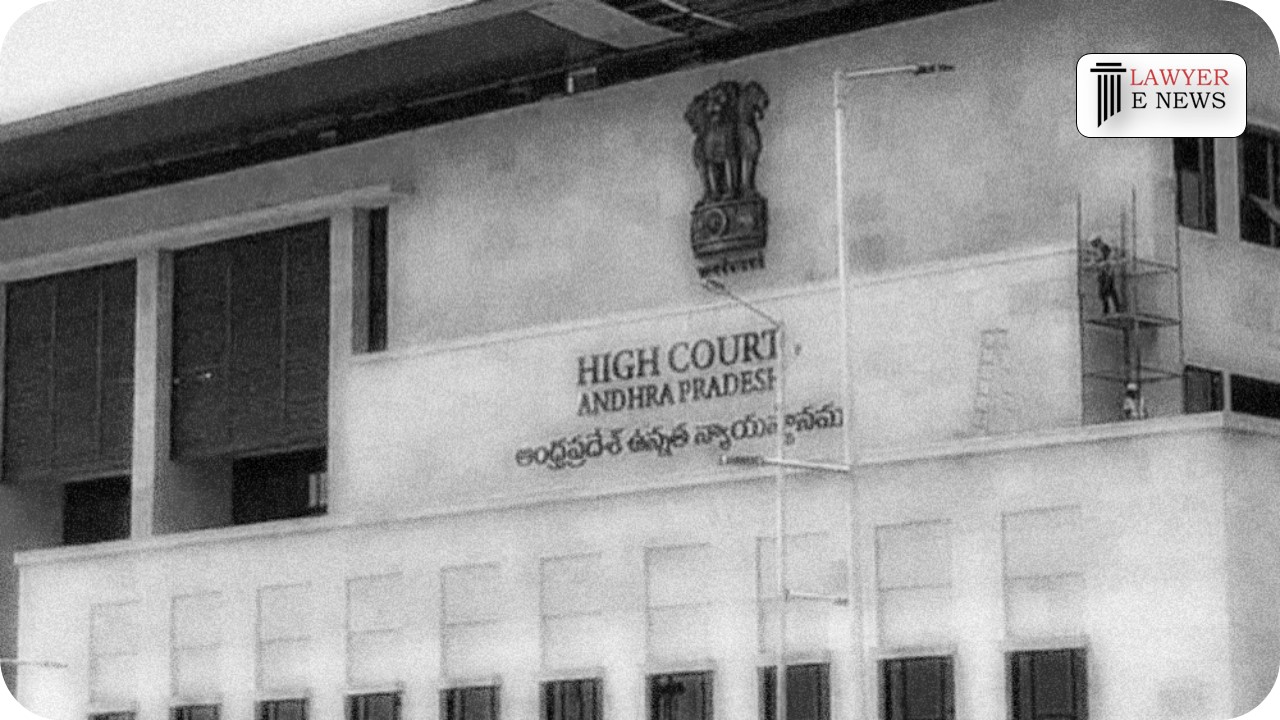-
by sayum
17 February 2026 5:39 AM



In a significant judgment addressing the grave issue of dowry deaths, the High Court of Andhra Pradesh has upheld the ten-year rigorous imprisonment of Kondru Israel for the dowry death of his wife. The verdict, pronounced on 1st February 2024 by Justice A.V. Ravindra Babu, reaffirmed the legal stance against the dowry menace.
The case, registered as Criminal Appeal No.1509 of 2010, revolved around the appellant Kondru Israel, who was convicted under Section 304-B of the Indian Penal Code (IPC) for the harassment and subsequent death of his wife.
Justice Ravindra Babu, in his judgment, noted, "The death of the deceased was otherwise than in normal circumstances," highlighting the harrowing conditions leading to the victim's suicide. This observation was crucial in understanding the nature of the crime.
The court meticulously examined the testimonies of various witnesses, including the mother (PW1) and neighbors (PW4, PW6) of the deceased. Their accounts established a pattern of continuous harassment linked to the demand for unpaid dowry, a critical factor leading to the tragic demise of the appellant's wife.
In a noteworthy observation, the court stated, "The evidence of P.W.1 to P.W.3 categorically proves the fact that soon before death the deceased was subjected to harassment in connection with a demand for dowry." This statement underlined the direct correlation between the harassment and the victim's death.
The appellant's defense, which claimed the deceased's ill health led to her suicide, was found to be unsubstantiated. The court remarked, "No medical evidence provided to support claim – Defence considered an afterthought."
The judgment also emphasized the application of Section 113-B of the Indian Evidence Act, which deals with the presumption as to dowry death. The court determined that the proximity of harassment to the death of the deceased categorized the incident as a 'dowry death.'
Concluding the case, the High Court directed the appellant to surrender before the trial court, thereby confirming the sentence of ten years of rigorous imprisonment initially imposed by the III Additional District & Sessions Judge, Kakinada.
Date of Decision: 1st February 2024
Kondru Israel vs The State of Andhra Pradesh
